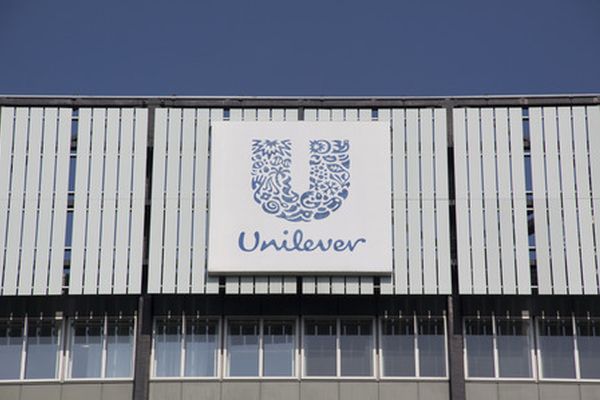
By Benjamin Solomon, Staff Writer
The company Unilever recently issued a threat to internet ad platforms, saying that they are considering removing their ads from services that do not do enough to stop the spread of fake news. I really have mixed emotions about this.
Unilever is a big, recognizable company which owns a lot of smaller companies in food and cosmetics. They spend over two billion dollars per year on ads. The fact that they have decided to throw their weighty opinion into the fake news debate is an important development.
In American politics, there is a generally negative outlook on companies participating in politics. They often use huge donations to sway politicians their way, and they do not usually do it for the benefit of the public. This is very different.
Unilever is acting company-to-company. They are not trying to bend the government to their will. This is business, an area where exercising their voice makes sense.
So, what does Unilever have to gain from this? It makes them look good. It makes this company look like they feel some responsibility for something other than getting money.
Publicity is important to Unilever because there has been increased distrust in ad services since the 2016 election. People were able to use ad services to spread blatant lies, and ad companies like Facebook and Google did little to stop them.
It matters to Unilever that people retain the same level of trust of advertising. Otherwise, the ads are worth less because they will have less effect.
These threats may come off as a selfless and moral act, but it probably has a lot to do with self-interest. That being said, we should be glad that something of interest for big businesses also works for the general public.
Unilever is acting in a way that the US government cannot. The first amendment prevents the government from regulating political speech.
They cannot ban the spread of fake news merely on the merit of it being lies.
Part of the ideological basis for this is the concept of the marketplace of ideas – despite however many whacky and weird ideas find their way into the public consciousness, the truth will find its way to the top of the pile.
After 2016, it is hard to believe this to be true. The marketplace of ideas does not take into account the mass media flood that is to live in the internet age. Hearing the same lies being parroted from different sources makes them seem more legitimate.
So maybe we should thank Unilever for acknowledging their role in funding social media as fake news distribution networks. But maybe we shouldn’t.
As much as I do not want the government prescribing what is true and what is false, I do not want businesses doing it either. They are beholden not to taxpayers, not to politicians, but to shareholders?
Unilever is interested in promoting the truth, it seems, for now. Who is to say they always will be? Who is to say that corporations will not take their grip upon the truth and bend it to fit their needs?
